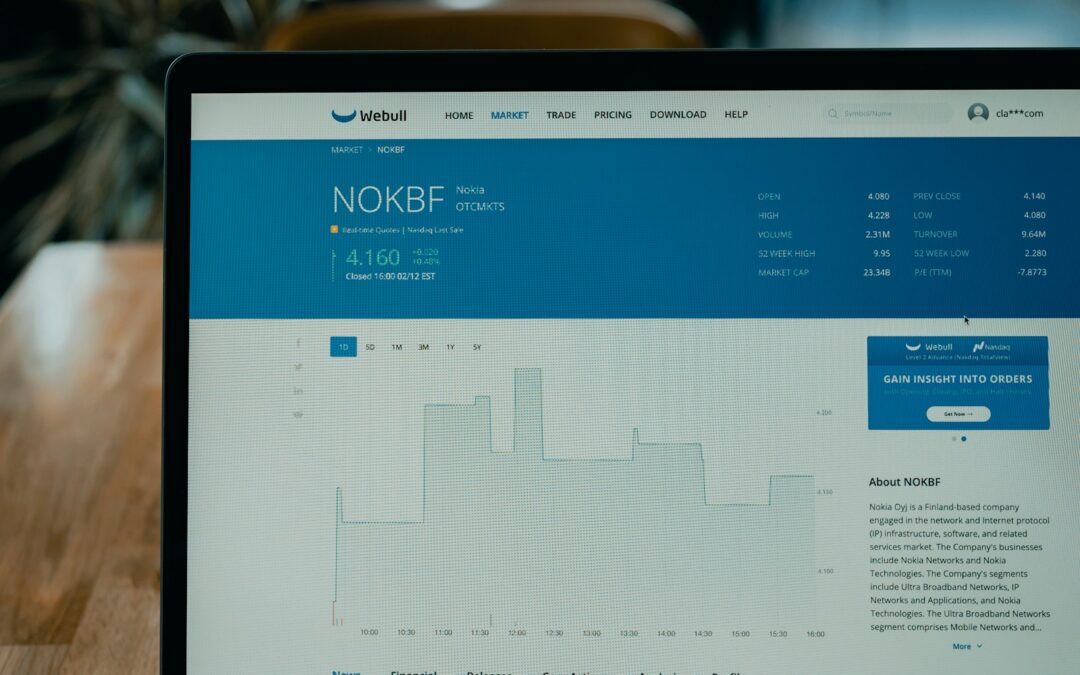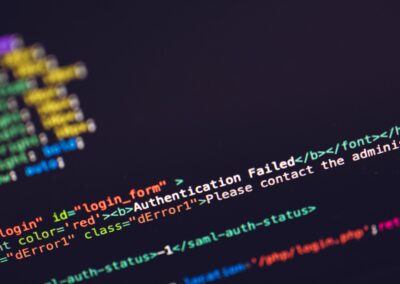Ensuring Security Throughout the Digital Identity Lifecycle
The Importance of Secure Digital Identity Management
Secure management of digital identities is paramount in today’s interconnected world. Digital identities, which represent an individual’s or entity’s online presence, are used for accessing various services, conducting transactions, and ensuring personal and professional authenticity. In regions like Saudi Arabia and the UAE, where technological innovation is rapidly advancing, ensuring that digital identities are securely managed throughout their entire lifecycle is crucial for maintaining trust and security.
In cities like Riyadh and Dubai, businesses and government agencies are increasingly adopting digital identity solutions to enhance service delivery and operational efficiency. However, the growing reliance on digital identities also presents significant security challenges. Protecting digital identities from unauthorized access, breaches, and misuse is essential for preserving the integrity of online interactions and safeguarding sensitive information. By implementing comprehensive strategies for secure digital identity management, organizations can mitigate risks and build trust among users.
Effective digital identity management not only helps in complying with regulatory requirements but also builds a company’s reputation as a responsible entity. In Saudi Arabia and the UAE, where regulatory frameworks are becoming more stringent, ensuring the security of digital identities is crucial for maintaining a competitive edge. Companies that prioritize digital identity protection can foster trust among customers, partners, and stakeholders, which is essential for long-term business success.
Implementing Multi-Factor Authentication
One of the most effective strategies for ensuring the secure management of digital identities is the implementation of multi-factor authentication (MFA). MFA adds an extra layer of security by requiring users to provide two or more verification factors to gain access to their accounts. In regions like Saudi Arabia and the UAE, where businesses handle sensitive data, using MFA is essential for enhancing digital security.
MFA typically involves a combination of something the user knows (such as a password), something the user has (such as a mobile device), and something the user is (such as a fingerprint or facial recognition). By requiring multiple forms of verification, MFA significantly reduces the risk of unauthorized access. Even if a malicious actor manages to obtain a user’s password, they would still need the additional verification factors to gain access to the account.
In addition to improving security, MFA can also enhance user trust and confidence in digital services. Businesses in Riyadh and Dubai can implement MFA across their digital platforms to provide an added layer of protection for their customers. By prioritizing the security of digital identities, businesses can demonstrate their commitment to protecting user data and maintaining high standards of digital security.
Leveraging Blockchain Technology for Digital Identity Management
Blockchain technology offers a promising solution for secure digital identity management. Blockchain is a decentralized and immutable ledger that records transactions in a secure and transparent manner. In regions like Saudi Arabia and the UAE, where blockchain adoption is gaining momentum, leveraging this technology can provide robust protection for digital identities.
One of the key benefits of blockchain technology is its ability to ensure data integrity. Each transaction recorded on a blockchain is time-stamped and linked to the previous transaction, creating a chain of blocks that is resistant to tampering and unauthorized modifications. This feature makes blockchain an ideal solution for managing digital identities. By using blockchain, businesses can create a transparent and auditable record of digital identity transactions, enhancing trust and accountability.
Furthermore, blockchain’s decentralized nature eliminates the need for a central authority, reducing the risk of single points of failure and data breaches. In Riyadh and Dubai, where businesses are increasingly adopting blockchain for various applications, integrating blockchain technology into digital identity management strategies can significantly enhance security. By providing a secure and transparent platform for digital identity management, blockchain can help businesses comply with regulatory requirements and protect sensitive information.
Enhancing Employee Training and Awareness
Effective management of digital identities also requires a strong focus on employee training and awareness. Employees play a critical role in implementing digital security measures and ensuring compliance with data protection policies. Regular training programs can help employees understand their responsibilities related to digital identity management and stay informed about the latest threats and best practices.
In regions such as Saudi Arabia and the UAE, where businesses operate in diverse and dynamic environments, tailored training programs are essential for addressing the specific digital security challenges faced by different industries. Training should cover key topics such as multi-factor authentication, secure password practices, and recognizing phishing attempts. By equipping employees with the knowledge and skills needed to manage digital identities responsibly, businesses can strengthen their overall digital security efforts and enhance compliance.
Furthermore, fostering a culture of digital security within the organization can contribute to the successful management of digital identities. Encouraging open communication about security issues and providing support for employees to report potential concerns can help identify and address security risks more effectively. In Riyadh and Dubai, where businesses are navigating complex regulatory landscapes, building a strong digital security culture is crucial for ensuring long-term compliance and protecting sensitive information.
Continuous Monitoring and Adaptation
To ensure that digital identities are securely managed throughout their entire lifecycle, businesses must establish robust monitoring and adaptation processes. Regular audits and assessments can help identify gaps in digital security measures and ensure that security policies are being effectively implemented. These evaluations should be conducted frequently to keep pace with changes in technology and regulatory requirements.
In Saudi Arabia and the UAE, where regulatory environments are evolving, continuous monitoring is essential for maintaining compliance and addressing emerging digital security challenges. Businesses should invest in tools and resources that enable real-time monitoring of digital systems and security practices. By staying vigilant and responsive to new threats, organizations can enhance their ability to manage digital identities securely and maintain high standards of digital security.
Adaptation is also a key component of effective digital identity management. As new technologies and regulatory changes arise, businesses must be prepared to update their digital security policies and practices accordingly. In Riyadh and Dubai, where technological innovation is driving rapid progress, staying agile and proactive in adapting to new digital security challenges is crucial for maintaining compliance and safeguarding digital identities.
Conclusion: Ensuring Secure Digital Identity Management
In conclusion, secure management of digital identities requires a multifaceted approach that includes implementing multi-factor authentication, leveraging blockchain technology, enhancing employee training, and establishing continuous monitoring and adaptation processes. By adopting these strategies, businesses in Saudi Arabia and the UAE can effectively address the evolving challenges of digital security and ensure compliance with regulatory requirements.
In a rapidly changing digital landscape, prioritizing secure digital identity management is not only essential for legal compliance but also for building trust and maintaining a competitive edge. By staying informed and proactive in their digital security efforts, businesses can safeguard sensitive information, enhance their reputation, and achieve long-term success in the global market.
—
#DigitalIdentity #DataProtection #Cybersecurity #AI #Blockchain #GenerativeAI #ModernTechnology #SaudiArabia #UAE #Riyadh #Dubai #Leadership #ExecutiveCoaching #BusinessSuccess























